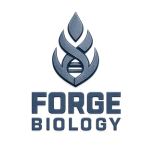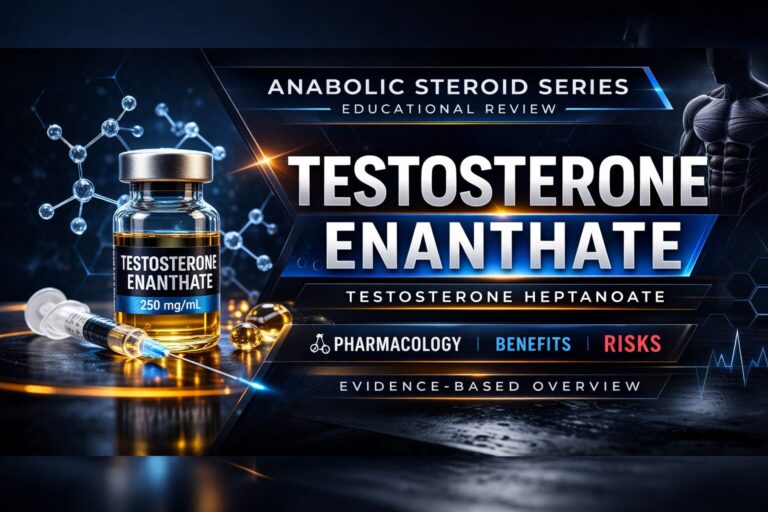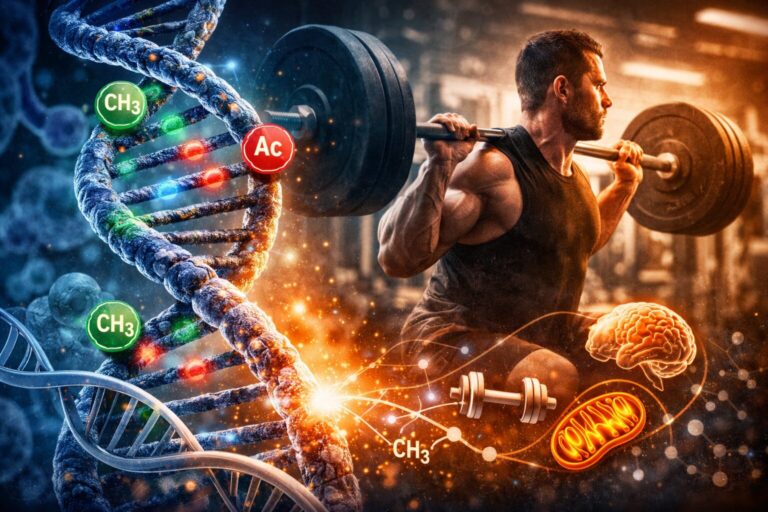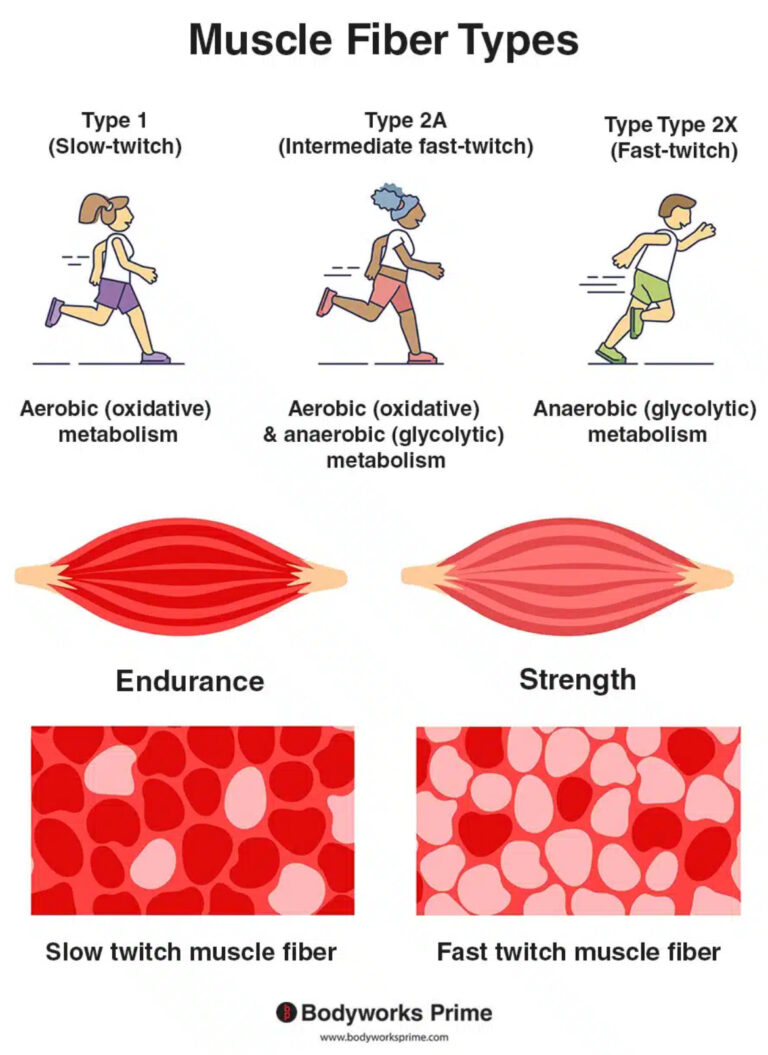
Introduction
Testosterone is not merely a hormone; it is the biological language through which masculinity expresses itself — strength, drive, resilience, and clarity. Despite its reputation as a “male hormone,” testosterone influences nearly every system in the body, from muscle and metabolism to mood and cognition. Yet, modern men are experiencing the lowest testosterone levels ever recorded — a biological decline with profound implications for health and identity.
Scientific literature leaves no doubt: testosterone decline is not inevitable. It is, for many men, a reversible symptom of modern life — poor sleep, processed food, chronic stress, sedentary habits, and chemical exposure. Understanding this molecule means reclaiming control over the body’s most fundamental performance system.
The Biology of Manhood
Produced primarily in the Leydig cells of the testes, testosterone is regulated by the hypothalamic-pituitary-gonadal (HPG) axis, a feedback system involving the brain and the gonads. The hypothalamus releases GnRH, prompting the pituitary to secrete LH and FSH. LH stimulates the testes to produce testosterone, which in turn signals the brain to regulate the cycle.
Only about two percent of circulating testosterone is biologically active — “free testosterone” — while the rest binds to proteins such as SHBG and albumin. This fraction determines how much testosterone can actually act on receptors, influencing energy, motivation, and physical development.
When testosterone enters a cell, it binds to androgen receptors, forming a complex that travels to the nucleus and alters gene expression. This process stimulates muscle growth, bone density, red blood cell production, and even neural regeneration — the literal molecular foundation of vitality.
Testosterone and the Body
Muscle, Strength, and Composition
Testosterone’s anabolic effect enhances muscle protein synthesis and neuromuscular coordination, improving both strength and power output. Men with optimal levels recover faster, adapt better to resistance training, and experience greater endurance. Studies show that even modest increases in testosterone correlate with measurable gains in lean mass and performance.
Low testosterone, by contrast, encourages fat accumulation — particularly visceral fat — which converts testosterone to estrogen through aromatase activity. This vicious cycle promotes metabolic syndrome, fatigue, and premature aging.
Cardiovascular and Metabolic Health
Contrary to early assumptions, balanced testosterone is protective, not harmful, for cardiovascular function. It enhances endothelial health, lipid profiles, and glucose metabolism. Deficiency, on the other hand, correlates with higher rates of insulin resistance and atherosclerosis. The nuance lies in balance: excess is dangerous, but physiologic optimization supports longevity.
Cognition, Motivation, and Mood
Testosterone directly modulates dopamine and serotonin, influencing focus, assertiveness, and mood stability. Low levels are associated with depression, cognitive fog, and lack of drive — symptoms often mislabeled as “burnout” or “aging.” Optimized testosterone, in contrast, correlates with mental clarity and goal-directed behavior. It does not make men aggressive; it makes them decisive.
Libido and Sexual Health
Testosterone drives libido and regulates sexual satisfaction. Its deficiency does not merely reduce desire — it can erode self-image and relational connection. Clinical data confirm that TRT improves sexual function in hypogonadal men, though the degree varies.
Bone Density and Longevity
Strong bones are as androgen-dependent as muscles. Testosterone activates osteoblasts, improving bone mineral density and reducing fracture risk. Men with deficiency face the same risks of osteoporosis as women — a fact too often ignored.
The Modern Decline
Over the last four decades, average male testosterone has fallen by roughly thirty percent. This is not evolutionary; it is environmental. Contributing factors include:
- Sedentary lifestyle and obesity
- Processed diets and chronic caloric surplus
- Sleep restriction
- Chronic stress and elevated cortisol
- Endocrine disruptors such as BPA, phthalates, and pesticides
This biological decay is not just a personal health issue — it’s a civilizational regression. The weakening of men on a hormonal level reflects a culture detached from physical reality.
Natural Optimization: What Science Recommends
1. Sleep
Deep sleep is the single greatest natural testosterone booster. Men restricted to five hours per night for a week saw ten to fifteen percent reductions in testosterone. Sleep between 2 a.m. and 6 a.m. coincides with peak hormone synthesis — consistency and darkness matter more than supplements.
2. Training
Compound resistance exercises — squats, deadlifts, presses — trigger acute hormonal surges. Long-term improvements result primarily from body-fat reduction and improved insulin sensitivity rather than the short spikes seen post-workout.
3. Nutrition
Adequate dietary fat is essential: testosterone synthesis depends on cholesterol as a substrate. Low-fat diets consistently show lower testosterone than balanced macronutrient plans. Nutrients most correlated with healthy testosterone include zinc, vitamin D, magnesium, and omega-3 fatty acids.
4. Stress Management
Cortisol and testosterone compete biochemically. Chronic stress elevates cortisol, blunting LH and reducing testosterone output. Recovery, sunlight, breathing techniques, and time away from digital overload are not luxuries — they are endocrine maintenance.
5. Avoiding Toxins
Plastic bottles, pesticides, and fragrances often contain xenoestrogens, chemicals that mimic estrogen and block androgen receptors. Reducing exposure — through glass containers, natural hygiene products, and clean air — yields measurable hormonal benefits.
TRT: Medicine or Misuse
Clinical Testosterone Replacement Therapy (TRT) is a legitimate solution for men with documented hypogonadism and persistent symptoms. When supervised, it restores muscle, libido, and energy — and can enhance life quality. However, misuse and unsupervised anabolic use destroy the HPG axis, leading to infertility and cardiovascular risk. Replacement is medicine; abuse is pathology.
Men should seek medical evaluation, not shortcuts.
A Broader Perspective
Testosterone is not a chemical shortcut to masculinity. It is biology aligned with behavior. Training, discipline, nutrition, and purpose all signal the body that life demands strength — and testosterone rises to meet that signal. When a man lives without challenge, without resistance, his biology follows suit. Hormonal optimization begins with meaningful struggle.
The Call to Reclaim Biology
The science is clear: testosterone decline is not destiny. It is a mirror of our choices. Restore sleep, lift heavy, eat real food, confront stress, avoid toxins, and live with intent. You do not need to become someone new — only to return to the biological baseline that evolution designed.
Strength is not manufactured; it is forged.
And the forge — as every man must remember — begins within his own biology.
Forge Your Mind. Build Your Biology.
Join the Forge Biology newsletter — where science meets strength.
Every week, you’ll get:
-
Evidence-based insights on training, performance, and recovery
-
Real analyses of supplements that work (and the ones that don’t)
-
Deep dives into hormones, nutrition, and human optimization
No fluff. No marketing hype. Just data-driven knowledge to build a stronger body — and a sharper mind.
Subscribe now and start mastering your biology.







